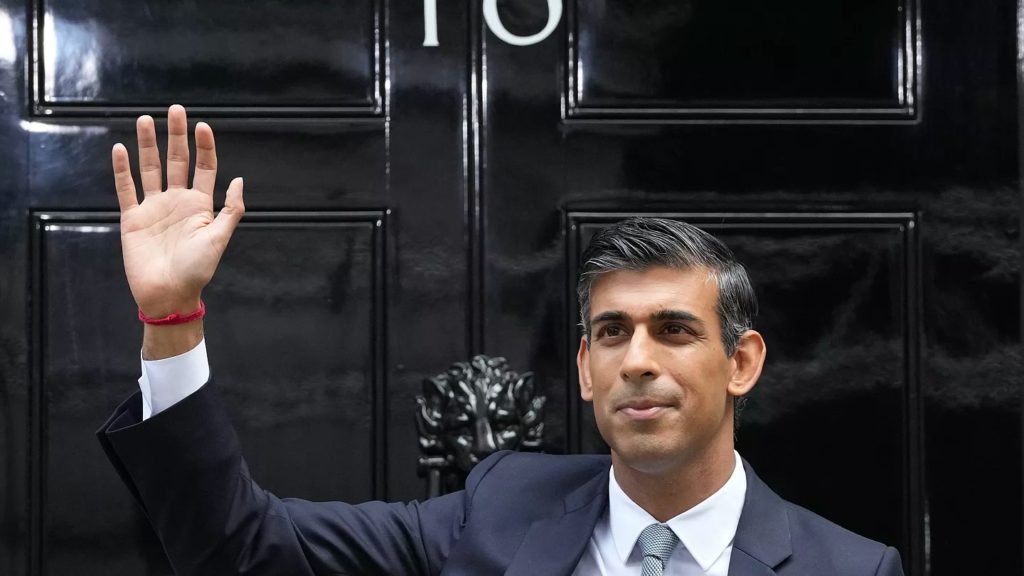Is the Prime Minister Playing Hide-and-Seek or Battling Uncle Tom Syndrome?
In the realm of British politics, there’s a curious phenomenon unfolding within the walls of Number 10 Downing Street. Rishi Sunak has been conspicuously absent during Prime Minister’s Questions (PMQs). In fact, he holds the record for missing the largest percentage of these important sessions. But why is Sunak hiding? Is it a case of playing Uncle Tom, fear of upsetting the right wing of his party, or simply a lack of confidence in articulating his views? Let’s delve into this enigma and explore the underlying dynamics at play.
The Sound Bite Master
Critics argue that Sunak relies on sound bite, attentively crafting his public image through controlled messaging. His media presence often involves pre-recorded interviews, carefully selected photo ops, and social media engagements. But when it comes to the cut and thrust of PMQs, where robust debates and tough questions are the norm, Sunak seems to prefer the comfort of silence.
Avoiding Controversy
One theory suggests that Sunak’s reluctance to participate in PMQs is driven by a fear of upsetting the right-wing faction of the Conservative Party and various interest groups, such as the infamous Women’s Institute. By avoiding direct confrontation and potentially controversial statements, Sunak aims to maintain a harmonious image within his xenophobic party and preserve his standing among influential constituencies.
Uncle Tom’s Cabin Syndrome
Another perspective, albeit a more satirical one, points to the character Uncle Tom from Harriet Beecher Stowe’s novel, which symbolizes a person who appeases those in power while suppressing their own views. The suggestion is that Sunak, as a British-born individual of Asian descent, may be navigating a complex terrain where he must balance his personal beliefs, party expectations, and the pressure to conform to certain narratives.
Religion and Conscience
Sunak’s Hindu upbringing and religious beliefs also enter the equation. As a person of faith, he may grapple with the ethical implications of his silence. How does he reconcile his responsibilities as a public servant with the values instilled in him by his religion? It’s an intriguing question that lingers in the minds of many, adding another layer to the mystery surrounding his absence during PMQs.
Conclusion
The absence of Rishi Sunak during Prime Minister’s Questions has become a subject of curiosity and speculation. A calculated strategy of avoiding controversy and maintaining a carefully crafted image? With his media-savvy approach and preference for controlled messaging, Sunak remains a troubling figure in British politics. As he continues to navigate the intricate dynamics of power and personal beliefs, the question remains: How will he reconcile his choices and satisfy both his conscience and the expectations of his constituents? Time in its full glory will show he is a fraud.

